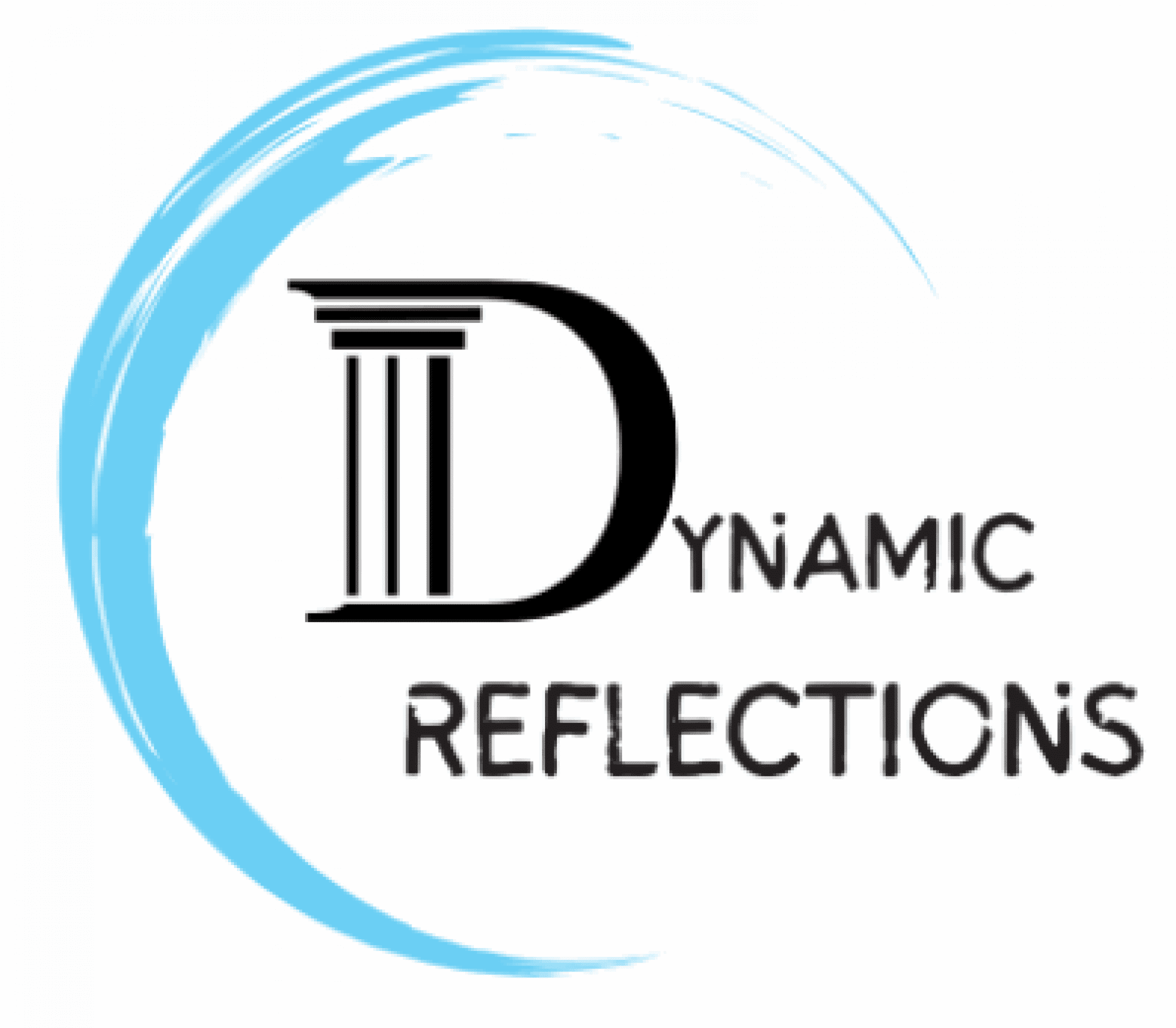Transform Your Work Life with Dynamic Reflections
Burnout and Career Development.
If we spend so much time there, we should feel as though we belong.
How do we find our place in our workplace?
How does one make meaning in their career?
The workplace is full of various personalities, worldviews, communication styles, and individuals with ethical levels that range from the amount of sapling to that of a great oak. There are a lot of workplace issues that can crop up even in a job that we have historically felt like we belong.
Common Workplace Issues May Include:
If You Can Relate,
Perhaps you have experienced symptoms of burnout or career stagnation.
Mental Health and/or Coaching
Depending on the issue, mental health intervention or coaching may be appropriate tools to address workplace issues.
